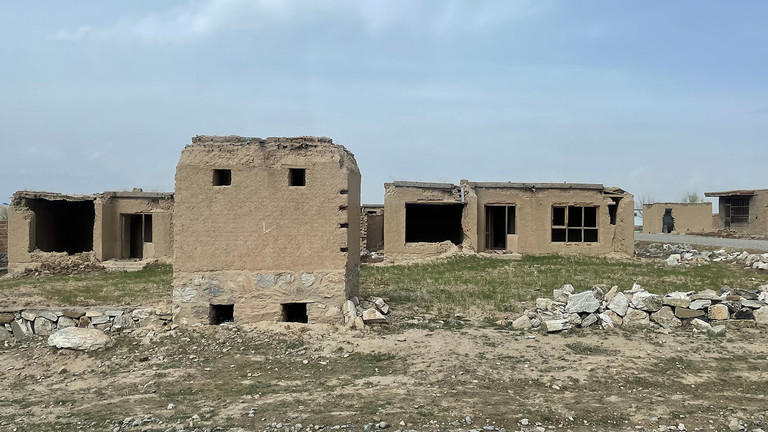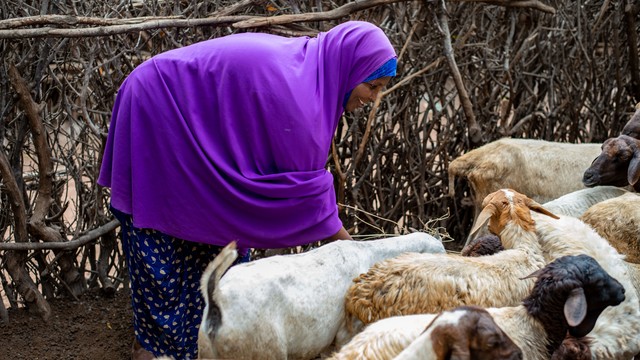New website for research into refugee wellbeing and livelihoods
IIED and partners have launched a website that focuses on the wellbeing, self-reliance and livelihoods of displaced people in urban areas and camps in four countries.

Abandoned houses in Barikab internally displaced persons settlement, Afghanistan (Photo: Nassim Majidi, Samuel Hall)
In early 2020, IIED and partners began comparing the experiences of refugees and internally displaced persons (IDPs) in cities and camps in four countries – Afghanistan, Ethiopia, Jordan and Kenya.
Now, a new website has been launched dedicated to the Protracted Displacement in an Urban World (PDUW) project: www.protracteddisplacement.org.
The site will help to shine light on the wellbeing, self-reliance and livelihoods of displaced people in urban areas and camps in the four countries. The project aims to assess ways cities can foster displaced people’s local inclusion, while benefiting host communities and governments.
PDUW principal investigator Lucy Earle said: “This research project is breaking new ground, in terms of the questions we are asking and the comparisons we are making between camps and urban areas.
“But the way we are doing the work is also innovative - the website will allow us to share more about how we are working and the insights we are gaining from our participatory approaches.”
The website offers an accessible platform for audiences to engage with the research’s latest findings. It will be regularly updated to feature a wide range of the most up-to-date resources, including publications, presentations, data visualisations, articles and blogs.
For example, a recent article written by Stefanie Barratt and Nicholas Ross from consortium partner Samuel Hall focused on the importance of a participatory, collaborative co-design approach to the research tools being used.
The PDUW site will also profile multimedia content such as this photo story from Afghanistan that gives an insight into the neighbourhoods where the research is taking place.
The research project is funded by the UK Research and Innovation (UKRI) through the Global Challenges Research Fund programme, and is being conducted by a consortium of nine partners: IIED, Cardiff University, Dilla University, the International Rescue Committee (IRC), The Hashemite University, Maseno University, Samuel Hall, Slum Dwellers International (SDI), and Women’s Refugee Commission (WRC).
- Subscribe to the PDUW newsletter to receive the latest news and updates
- Read the first issue of the newsletter
Contact
Lucy Earle (lucy.earle@iied.org), principal investigator for PDUW and principal researcher in IIED’s Human Settlements research group




